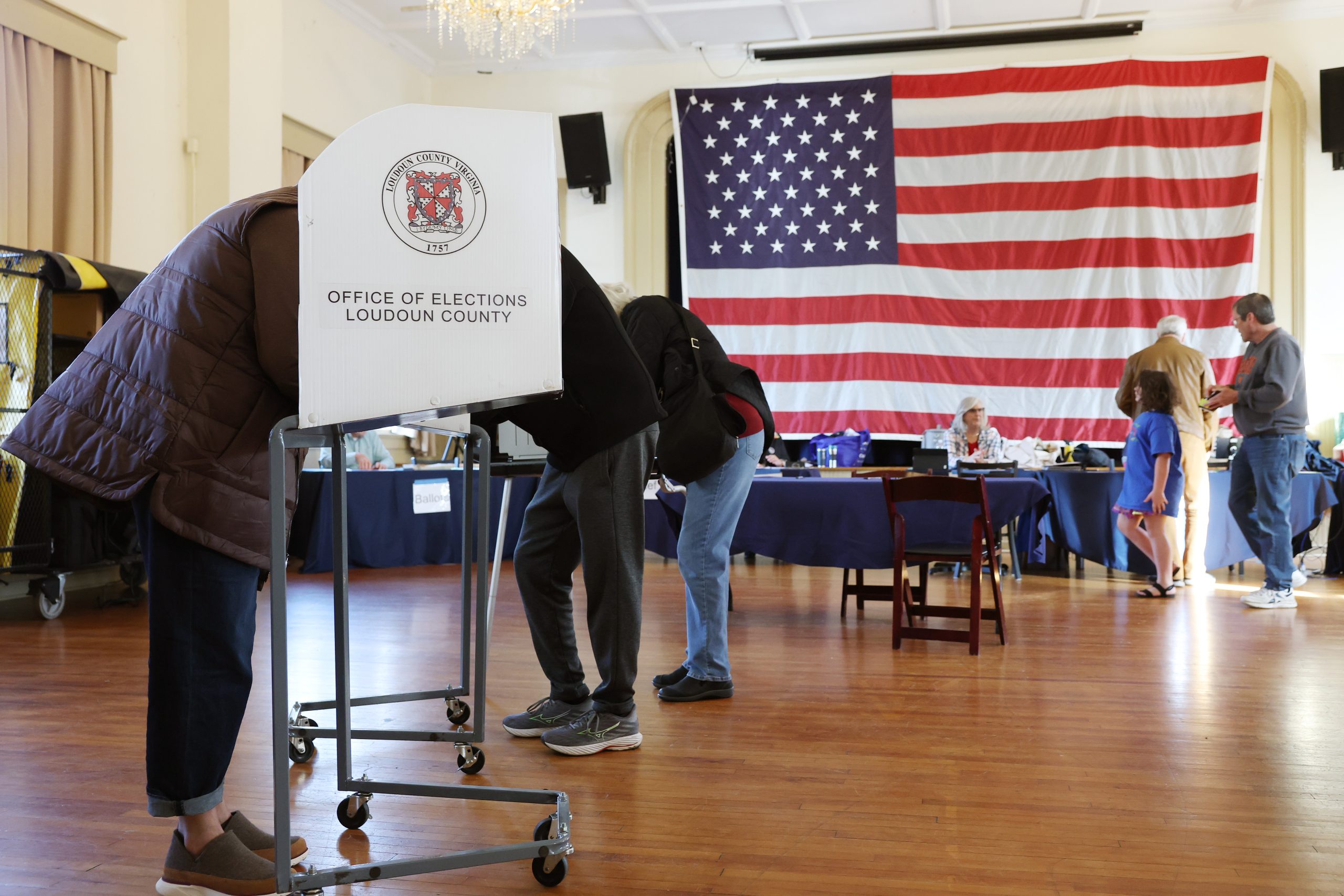Supreme Court to Weigh Challenge on Late-Arriving Ballots: A Century-Old Law at the Forefront
The Supreme Court has agreed to hear
Watson v. Republican National Committee
, a case that challenges the long-standing practice of states counting ballots received after Election Day but postmarked before it. The core of the Republican National Committee’s (RNC) argument hinges on an obscure 1872 law, raising questions about the validity of potentially thousands of ballots across the country. This case could have significant implications for future elections and voter access.
The 1872 Law and the GOP’s Argument
The RNC’s case centers on the interpretation of an 1872 federal law that stipulates federal elections should occur on “the Tuesday next after the 1st Monday in November, in every even numbered year.” The argument, put forward by the GOP, asserts that this law implicitly mandates that all ballots must be received by Election Day to be counted. This interpretation challenges decades of practice in several states, including Mississippi, where ballots postmarked before Election Day but arriving shortly after are typically counted. The timing of this case is especially notable given the increasing reliance on mail-in voting in recent elections and the heightened scrutiny surrounding election integrity.
Implications for Voter Access and Future Elections
The potential impact of
Watson v. Republican National Committee
cannot be overstated. If the Supreme Court sides with the RNC, it could invalidate thousands of ballots in future elections, particularly those from voters who rely on mail-in voting due to disabilities, geographic challenges, or other logistical constraints. This would disproportionately affect certain demographics, potentially leading to accusations of voter suppression. The case also raises critical questions about the balance between ensuring timely election results and maximizing voter participation. Legal experts are divided on the merits of the case, with some arguing that the 1872 law was not intended to restrict ballot counting in the way the RNC suggests.
A Contentious Landscape
The decision to hear
Watson v. Republican National Committee
comes amid an already contentious political landscape, marked by deep divisions over voting rights and election integrity. The case is likely to further fuel these debates, with both sides preparing for a high-stakes legal battle. Regardless of the outcome,
Watson v. Republican National Committee
underscores the ongoing efforts to shape the rules governing American elections and the critical role that the Supreme Court plays in interpreting these rules.
SOURCE INFORMATION:
TITLE: The Supreme Court will decide whether to toss out thousands of ballots
DESCRIPTION: The Supreme Court announced on Monday that it will hear Watson v. Republican National Committee, a case claiming that, for many decades, states have been counting ballots that should have been tossed out entirely. The premise of the GOP’s argument in Watson is that an 1872 law providing that federal elections shall take place on […]
CONTENT: Voters fill out their ballots at a polling station in the Hillsboro Old Stone School on November 4, 2025, in Hillsboro, Virginia. | Anna Moneymaker/Getty Images The Supreme Court announced on Monday that it will hear Watson v. Republican National Committee, a case claiming that, for many decades, states have been counting ballots that should have been tossed out entirely. The premise of the GOP’s argument in Watson is that an 1872 law providing that federal elections shall take place on “the Tuesday next after the 1st Monday in November, in every even numbered year” requires late-arriving ballots to be tossed — and somehow no one noticed this restriction for more than 150 years. The GOP sued Mississippi, which is one of several states that count ballots that are mailed before Election Day, but that do not arrive until afterward. In recent elections, Democrats have been more likely to mail their ballots than Republicans, and President Donald Trump has tried to restrict mai
SOURCE: Vox
Based on materials: Vox





